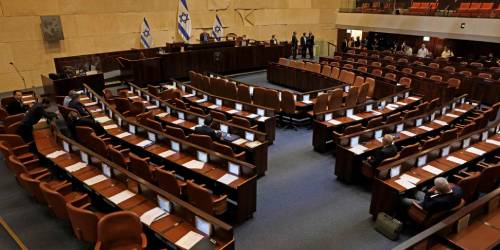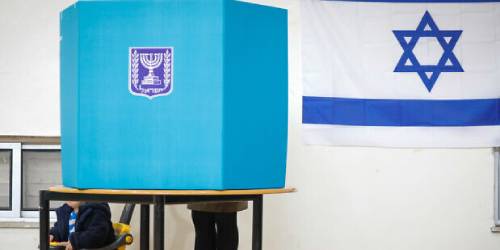|
Next week, the parties will come together to negotiate the new government officially. They will meet in the President’s Residence, and recommend their preferred candidate for Prime Minister to President Isaac Herzog.
It’s expected that as soon as Netanyahu is given the mandate to form a government from Herzog, he will act quickly to establish a right-wing/religious government.
For those who oppose the Netanyahu bloc and the far-right, the work ahead is tremendously important.
In Israel, parties will try to identify where things went wrong strategically. They will no doubt lament the fact that Netanyahu’s bloc only won the popular vote by less than half a percentage point — far less than the number of wasted votes.
This election also has significant implications for the US-Israel relationship, as the Biden administration has reportedly already suggested that it is unlikely to work directly with extremist figures such as Ben-Gvir. A wide range of American Jewish leaders are also making clear that they have serious concerns about the potential makeup, policies and ideology of this government and some of its members, and that such a government is inconsistent with the shared Jewish and democratic values that have traditionally formed the heart of our community’s relationship to Israel.
In the United States, American Jews have a role to play as the new government takes form. We must urge our own elected officials and communal leaders here in the US to stand up for justice, democracy and diplomacy — and refuse to normalize racism, incitement, and discrimination. And we must show solidarity with our friends and allies in Israel who continue to struggle for a better future in the face of this right-wing victory.
To learn more about how you can be involved in that fight, join the Progressive Israel Network tomorrow for a webinar about the results, and what’s next >>
|



